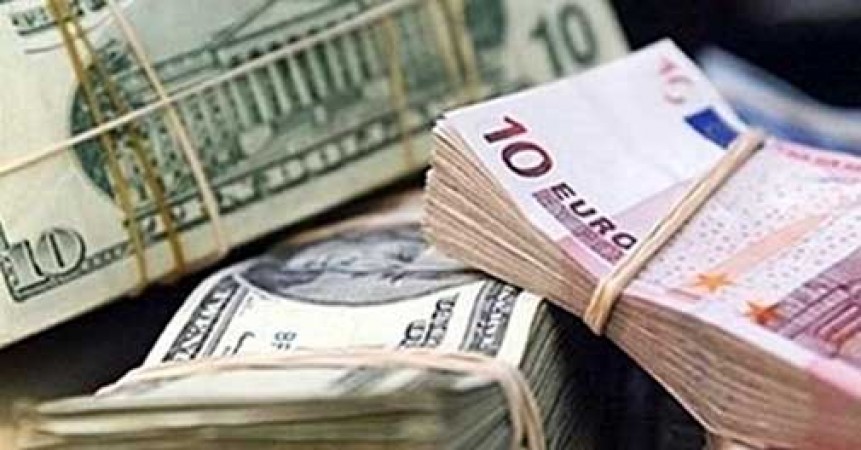
After the 10-year JGB yield crept up to a six-year high of 0.245 percent on Monday morning, the Bank of Japan (BOJ) promised to buy an unlimited quantity of 10-year Japanese government bonds (JGBs) at 0.25 percent. In early trade, the dollar hit a high of 123.1 yen, its highest level since December 2015, before settling at 122.9, up 0.7 percent on the day. In the last 12 sessions, it has gained approximately 6 percent against the yen.
The 10-year Treasury yield was 2.5046 percent last week, up 33 basis points from the previous week. High commodity prices are also damaging the yen, as they contribute to a widening of Japan's trade deficit, but they have given commodity currencies a tremendous boost.
The Australian currency was at USD0.752, close to a four-month high, while the Canadian dollar was at 1.249 per dollar, barely off a two-month high set on Friday. Currency watchers in Australia are also anticipating the release of Australia's budget on Tuesday. The budget, according to Australia's Treasurer, will result in a "substantial material improvement" in the government's bottom line.
The euro was recently trading at USD1.0956, down 0.25 percent after edging marginally lower in recent days, continuing under pressure from the economic impact of Ukraine's conflict. According to CBA analysts, "the mix of risks suggests EUR/USD may hit 1.0800 in the next weeks."
The European Central Bank is "in a bind with growth headwinds and very high inflation," according to CBA. Inflation numbers from key European economies and the eurozone are due on Wednesday. At USD1.3157, sterling was down 0.19 percent.
Russian rouble recovers as trade resumes after month-long hiatus
Ukraine war unlikely to destabiliseRs 5 La cr refinancing next fiscal: India Ratings
Russian gold from foreign exchange reserves is within country, says Central bank